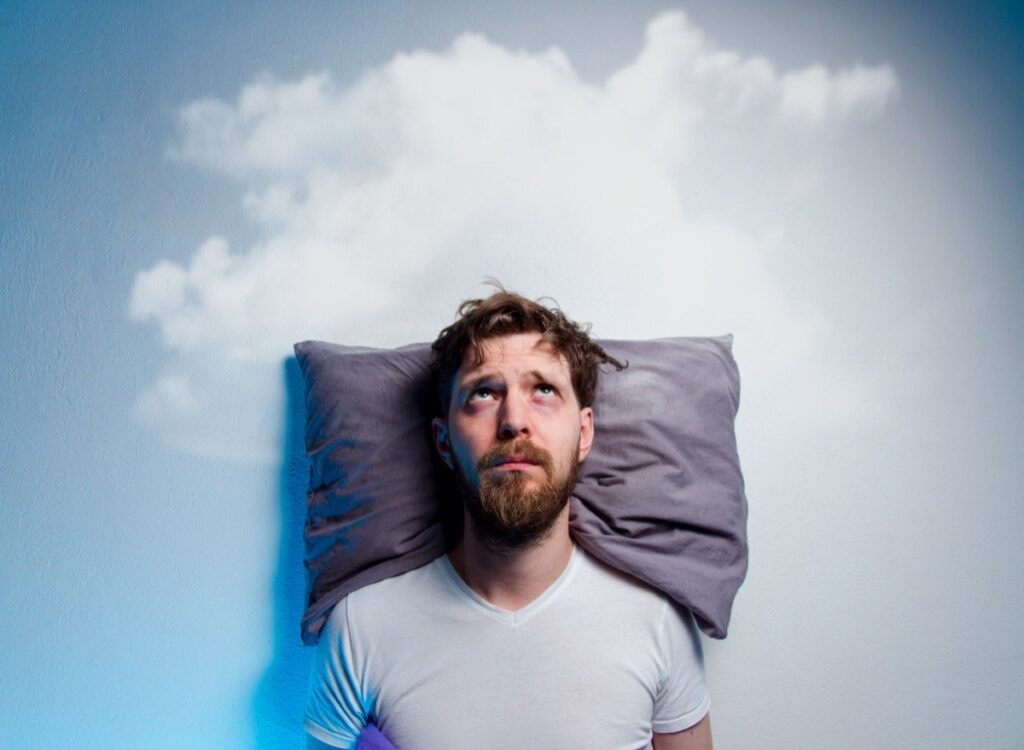Too much information about sleep
Finnish expert gives paradoxical advice on how to fall asleep faster.
Opinion of Doctor of Psychology Heli Järnefelt (Heli Järnefelt), specialist of the Finnish Institute of Occupational Health:
“Paradoxical: humanity is getting more and more information about sleep and its importance for health, but we have more and more problems with sleep, and the duration of sleep is decreasing.
A large amount of information does not always help. The desire to fulfill all the requirements that should improve the quality of sleep hinders many people and can even lead to cronorexia. The term “cronicle” refers to the phenomenon when a person attempts to excessively control my dream.
How we get more stressed thinking about sleep
Paying too much attention to your sleep, we begin to get nervous, the body relaxes worse. It becomes harder for a person to fall asleep or he begins to wake up at night.
We are too careful to monitor the various indicators of our condition. So the stress can only get worse.
You may think: I do everything to improve the quality of my sleep and life, so why don’t I feel better? And the problem may just be in the constant monitoring of the quality of sleep.
At its core, sleep is an “automatic” physiological process, like breathing. Trying to change your breathing or constantly control it is much more difficult than just continuing to breathe naturally.
Don’t try to change your sleep
We don’t need to learn to sleep. If nothing interferes with our sleep, everything happens automatically.
Sometimes we do not even notice how things appear in our lives that negatively affect the quality of sleep. There is not enough time for sleep, or something has become more important. Media, social networks, work stress, or other experiences can prevent us from relaxing in the evening or spoil our sleep.
Of course, not being able to sleep is a concern. But if you worry about this problem too much, insomnia only gets worse.
Sleep deprivation is diagnosed in about 10% of people in the world.
Ways to copy with insomnia
If thoughts about sleep disturb you during the day and begin to worry you in the evening, you should think about how to get rid of excessive excitement. Many people are helped by relaxation exercises and mindfulness meditation. Thanks to them, you can learn to treat your sleep problems more calmly — as thoughts that are not worth delving into.
If you can’t solve sleep problems on your own, anxiety persists for more than a month, and the quality of sleep only worsens, you should seek help. In most cases, you can do without medication. Cognitive therapy is good for coping with anxiety about your sleep quality and your performance level.
Many people are terribly afraid of the consequences of insomnia: if I do not get enough sleep, I will not be able to work properly tomorrow. It is better to give preference to thinking in a more positive way: even if I do not get enough sleep, my day will pass normally; if I do not give my best, others will react with understanding.
It is worth mentioning such an effective method as “paradoxical intervention”: you just need to go to bed and not try to fall asleep. So the extra stress will go away, and you will most likely fall asleep.
People sleep differently, and the quality of sleep can change throughout their lives. Some people always sleep soundly all night, others-lightly. The degree of fatigue also depends not only on whether you have had enough sleep or not. So there is no single concept of “perfect sleep” that we can strive for.
Read more: HOW MAGNESIUM CAN IMPROVE YOUR LIFE

